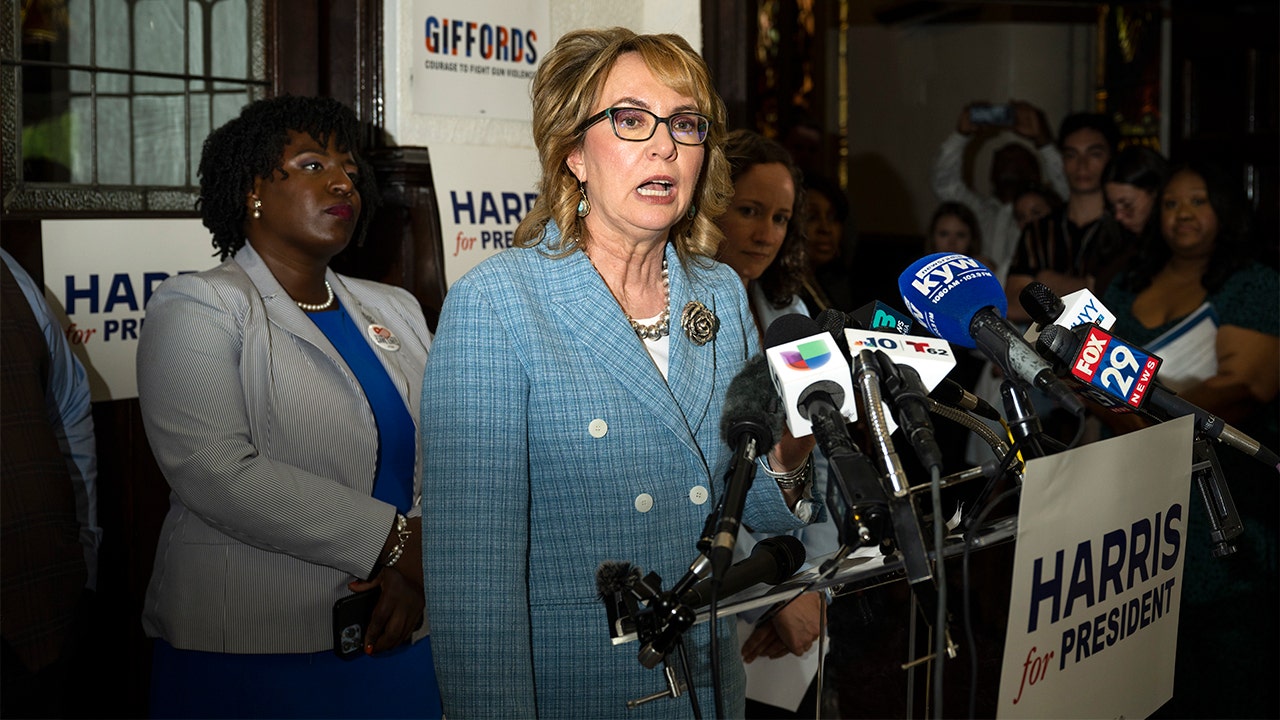RALEIGH, N.C. (AP) — A federal judge ruled Friday that a provision in North Carolina’s abortion laws requiring doctors to document the location of a pregnancy before prescribing abortion pills should be blocked permanently, affirming that it was too vague to be enforced reasonably.
The implementation of that requirement was already halted last year by U.S. District Judge Catherine Eagles until a lawsuit challenging portions of the abortion law enacted by the Republican-dominated General Assembly in 2023 was litigated further. Eagles now says a permanent injunction would be issued at some point.
But Eagles on Friday restored enforcement of another provision that she had previously blocked that required abortions after 12 weeks of pregnancy to be performed in hospitals. In light of the 2022 U.S. Supreme Court decision that overturned Roe v. Wade, she wrote, the lawmakers “need only offer rational speculation for its legislative decisions regulating abortion.”
In this case, legislators contended the hospital requirement would protect maternal health by reducing risks to some women who could experience major complications after 12 weeks, Eagles said. Planned Parenthood South Atlantic and a physician who initially sued offered “credible and largely uncontroverted medical and scientific evidence” that the hospital requirement “will unnecessarily make such abortions more dangerous for many women and more expensive,” Eagles added.
But “the plaintiffs have not negated every conceivable basis the General Assembly may have had for enacting the hospitalization requirement,” Eagles, who was nominated to the bench by President Barack Obama, wrote in vacating a preliminary injunction on the hospital requirement.
Unlike challenges in other states like South Carolina and Florida that sought to fully strike down abortion laws, Eagles’ decisions still mean most of North Carolina’s abortion law updated since the end of Roe v. Wade is in place. GOP state lawmakers overrode Democratic Gov. Roy Cooper’s veto and enacted the law in May 2023 . It narrowed abortion access significantly from the previous state ban on most abortions from after 20 weeks to now after 12 weeks. The hospital requirement would apply to exceptions to the ban after 12 weeks, such as in cases of rape or incest or “life-limiting” fetal anomalies.
Eagles on Friday affirmed blocking the clause in the abortion law requiring physicians to document the “intrauterine location of a pregnancy” before distributing medication abortion.
Lawyers representing House Speaker Tim Moore and Senate leader Phil Berger defending the law argued the documentation protected the health of women with ectopic pregnancies, which can be dangerous and when ruptured may be similar to the expected symptoms of a medication abortion, according to the opinion.
But Eagles wrote a medication abortion doesn’t exacerbate the risks of an ectopic pregnancy. And she remained convinced that the law is unconstitutionally vague and subjects abortion providers to claims that they broke the law — and possible penalties — if they can’t locate an embryo through an ultrasound because the pregnancy is so new.
The provision “violates the plaintiffs’ constitutional due process rights,” she wrote.
Spokespeople for Planned Parenthood, Berger and Moore didn’t respond to emails late Friday seeking comment. Eagles’ upcoming final judgement can be appealed.
State Attorney General Josh Stein, a Democrat, abortion-rights supporter and 2024 candidate for governor, was officially a lawsuit defendant. But lawyers from his office had asked Eagles to block the two provisions, largely agreeing with Planned Parenthood’s arguments.
The lawsuit was initially filed in June 2023 and contained other challenges to the abortion law that the legislature quickly addressed with new legislation. Eagles issued a preliminary injunction last September blocking the two provision still at issue on Friday. Eagles said last month she would make a final decision in the case without going through a full trial.
North Carolina still remains a destination for many out-of-state women seeking abortions, as most states in the U.S. South have implemented laws banning abortion after six weeks of pregnancy — before many women know they are pregnant — or near-total bans.






























